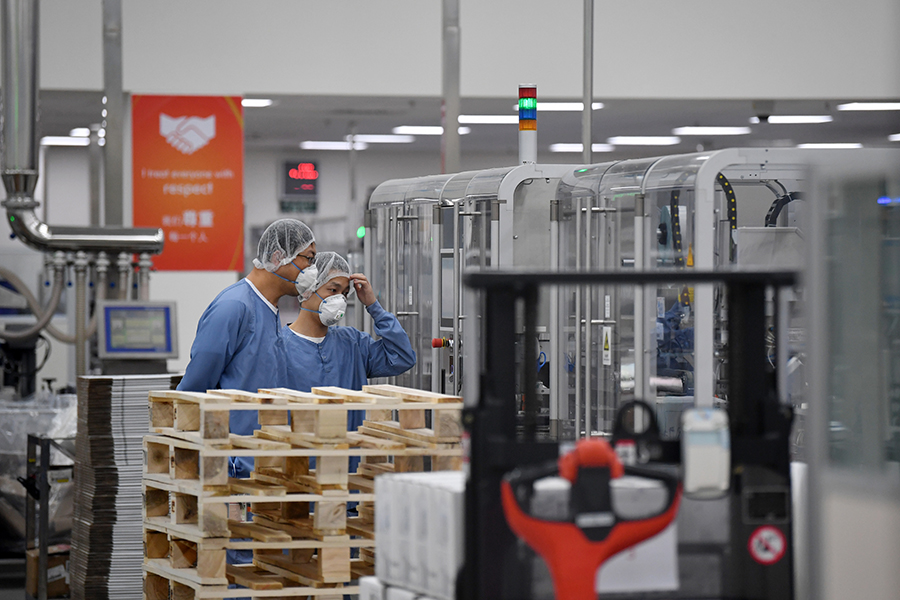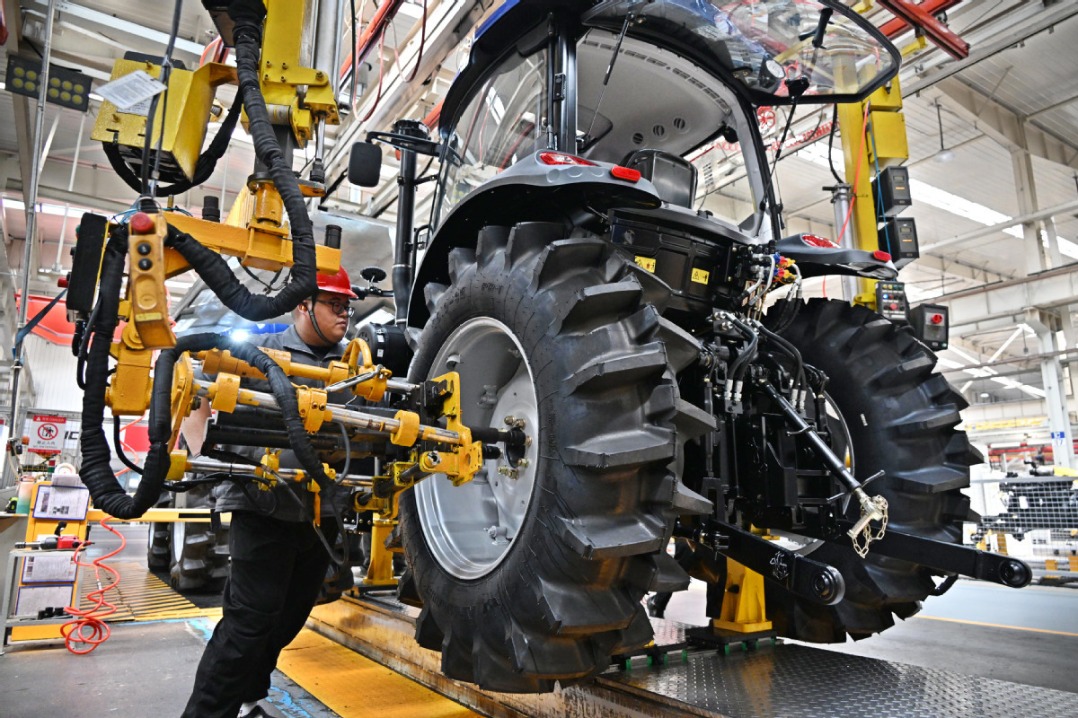Healthcare on the cusp of big leap


China's economic resilience, policy supports, long-term strategy attract big-ticket investments
Tailwinds are not only offsetting the negative economic impact of COVID-19 on China's healthcare industry but also speeding up its evolution, heralding restructuring, expansion and rise in foreign investment flows, industry insiders said.
The glad tidings promise to make health one of society's top priorities as the nation swears by the new dual-circulation pattern for high-quality development in the post-pandemic era.
A confluence of several factors-growing demand for higher-quality healthcare, improved protection for intellectual property rights, deepening of China's reform and opening-up, reinforced commitment to globalization, a business-friendly environment, integration of cutting-edge technologies into the medical field, new agreements for regional trade and economic cooperation, and a long-term national health strategy-has created a near-perfect setting for the next big leap of the healthcare industry, they said.
To be sure, COVID-19 has caused massive job losses and a sharp fall in global foreign direct investment flows, but a quicker-than-expected economic recovery and remarkable resilience have made China one of the most attractive investment destinations in the global healthcare industry.
For instance, during the third China International Import Expo in early November in Shanghai, Novo Nordisk, a global healthcare leader in diabetes treatment, announced it will invest 200 million yuan ($30.5 million) to establish a new facility at the Lingang Special Area of the China (Shanghai) Pilot Free Trade Zone.
Novo Nordisk's new unit will foray into several market segments, including marketing, pharmaceutical research and development, and finished goods imports and distribution.
"The excellent business environment and preferential policy support in the Lingang Special Area will allow this new entity to become a powerful driver of Novo Nordisk's strategy of solidifying its value chain in China," the company said in a statement.




































